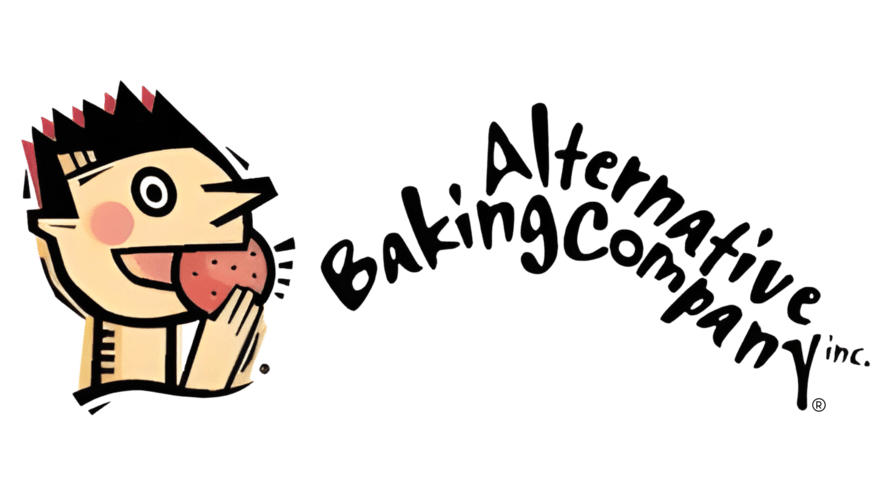Make the World a Better Place.
Embrace a Kinder and Healthier Lifestyle with Veganism.
Animals have their own purpose on this earth, and it’s not to be used at our convenience. By choosing a vegan lifestyle, you help protect the planet and respect the freedom of all living beings. Let’s create a compassionate world together—one that honors the well-being of both animals and humans.
Go Vegan:
A Lifestyle of Compassion and Awareness
Veganism goes beyond just avoiding animal-based foods like meat, dairy, and eggs. It’s about making conscious choices in all aspects of life, from clothing and cosmetics to household products, to avoid animal-derived ingredients and cruelty. By embracing a vegan lifestyle, you contribute to a more ethical world that respects all living beings.
Health Benefits of a Plant-Based Diet
Vegan foods like whole grains, vegetables, fruits, and legumes are naturally low in fat, free from cholesterol, and packed with fiber and essential nutrients. Unlike meat and dairy, which are high in saturated fats and cholesterol, plant-based options support heart health and overall well-being. Studies show that those who follow a vegan lifestyle tend to live healthier, longer lives compared to those on a meat-based diet—adding up to seven extra years on average.
Love all living things.
Veganism is more than just a diet—it’s a lifestyle, a mindset, and a conscious choice to live harmoniously with other species, our environment, and ourselves. By being vegan, you actively commit to excluding all forms of animal exploitation and cruelty, whether for food, clothing, experimentation, entertainment, or sport. It’s a compassionate way to align your values with your actions, promoting peace and respect for all living beings.
Environmental Benefits of a Plant-Based Diet
Choosing a plant-based diet is one of the most impactful ways to reduce your environmental footprint. Compared to meat-based diets, plant-based eating requires far less water, land, and energy to produce the same amount of food. By opting for a vegan lifestyle, you help conserve precious natural resources, reduce greenhouse gas emissions, and support sustainable agriculture. Every meal makes a difference, contributing to a healthier planet for future generations.
-
Raising animals for food is highly inefficient and resource-intensive. Over half the water and a third of raw materials in the United States are consumed by livestock production, making it a leading polluter of our water and topsoil. Most grain grown in the U.S., such as 90% of oats, 85% of corn, and 80% of soybeans, is used to feed livestock instead of people. By choosing plant-based, you help conserve valuable resources.
-
It’s inefficient to rely on animals to process nutrients from plants before humans consume them. Americans typically consume 3-4 times more protein than needed, while a balanced vegan diet provides just the right amount. Everything your body needs, including protein, can be easily obtained from plant sources—no middle step required. Choosing plant-based nutrition is not only efficient but also better for health.
-
Livestock farming is one of the major contributors to environmental degradation. Rainforests are being cleared for cattle grazing, eroding our non-renewable topsoil. Animal waste run-off pollutes groundwater, rivers, and streams, making livestock farms the biggest pollutant sources in the U.S. Oceans are also impacted, with waste from commercial fishing harming marine ecosystems. Opting for plant-based diets helps reduce this devastating environmental impact.
Every Choice Matters
Each decision we make influences the world around us. Whether you're fully vegan or just trying more plant-based alternatives, your choices contribute to a better future. Every step towards reducing animal products helps protect the planet, improve health, and promote compassion. Thank you for taking steps that make a positive impact—together, we can create meaningful change.




